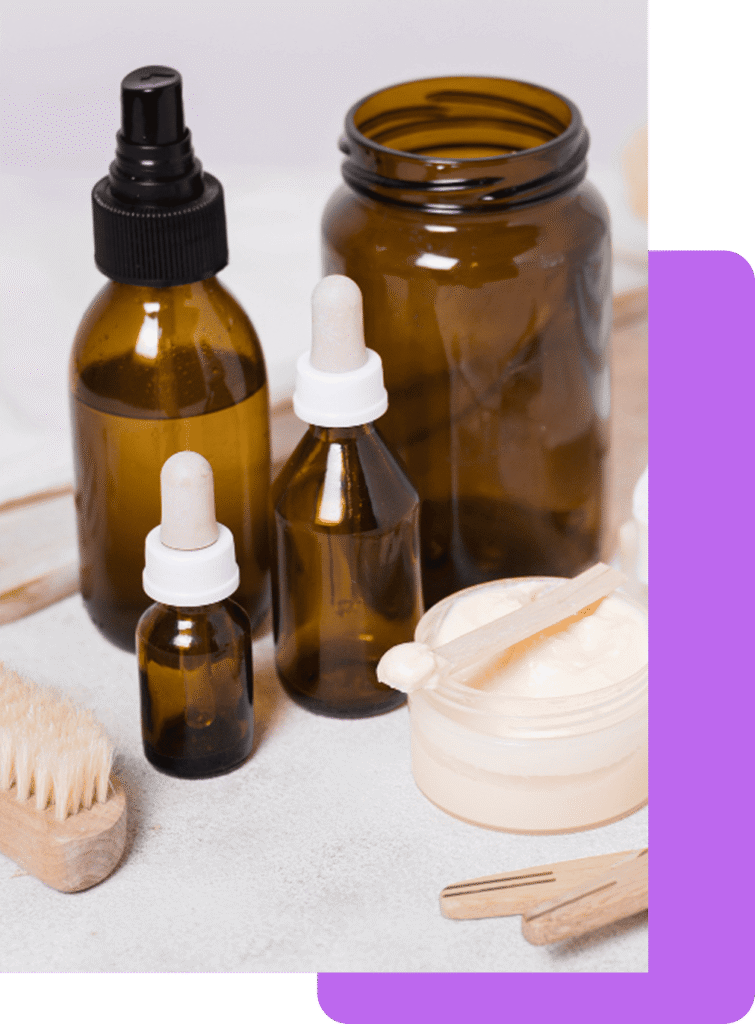Cosmetic GMP Audit in the USA
A Cosmetic GMP audit is the most effective way to identify risks, validate processes, and prepare your company for inspections or certifications. Sobel conducts structured internal audits aligned with GMP principles and FDA expectations, giving your team clarity, security, and readiness for regulatory challenges.
- Cosmetics manufacturers planning to commercialize products in the USA.
- Companies preparing for FDA inspections or third-party certifications.
- Businesses seeking to validate their quality systems under GMP and MoCRA.
- Teams aiming to strengthen compliance before launching new products.

A Cosmetic GMP audit ensures your company is not only compliant but also proactive in addressing potential non-conformities.

Why do you need this service?
Prevent costly non-conformities by identifying and correcting gaps before official inspections or certifications.
Strengthen compliance under MoCRA and FDA with a structured review of documentation, procedures, and daily practices.
Build long-term regulatory confidence through continuous improvement of your cosmetic quality system.
Preparing your business for MoCRA and FDA
A proactive audit is the smartest way to strengthen your quality system and anticipate regulatory demands.
Our approach is remote, efficient, and tailored to the U.S. regulatory landscape, ensuring practical results for your business.
Provide your team with actionable insights to improve efficiency, quality, and regulatory confidence.
Related
Services
Sobel’s Cosmetic GMP audit works as a pre-audit step, helping you detect issues early and enter FDA or MoCRA evaluations fully prepared.
And you can strengthen your regulatory strategy with complementary support:
Be ready for FDA and MoCRA with a Cosmetic GMP audit
Don’t wait for inspections to uncover problems. Anticipate risks and strengthen your quality system with Sobel’s regulatory expertise. Our audits help you align processes, validate compliance, and secure market confidence.
Get in touch today to schedule your Cosmetic GMP audit!
1. What is the difference between a Cosmetic GMP audit and an FDA inspection?
A Cosmetic GMP audit is an internal, proactive evaluation conducted by specialists to verify compliance and identify gaps before they become regulatory issues. An FDA inspection, on the other hand, is an official government process that may result in penalties if non-conformities are found.
2. Is a Cosmetic GMP audit mandatory under MoCRA?
MoCRA requires companies to comply with GMP principles, but internal audits are not explicitly mandatory. However, they are considered best practice to ensure readiness for FDA inspections and to avoid unexpected non-conformities.
3. How often should a Cosmetic GMP audit be performed?
The frequency depends on your operations, product portfolio, and regulatory risks. Many companies conduct audits annually or before critical milestones, such as launching new products or undergoing external certification.
4. Can a Cosmetic GMP audit replace third-party certification?
No. An internal audit does not replace third-party certification, but it prepares your company by ensuring documentation, processes, and practices are aligned with GMP and MoCRA requirements.
5. Does Sobel provide corrective action support if non-conformities are identified?
Yes. Non-conformities are reported in the audit report, and a new proposal can be prepared to guide your team in implementing corrective actions and achieving full compliance.

